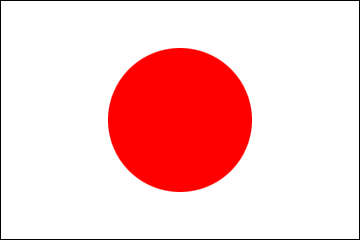第6回ビジネスと人権に関する政府間作業部会に対する書簡(2020年10月30日)
令和2年11月3日
Japan is committed to the promotion and protection of human rights. In recognition of the importance of advancing human rights even in the context of business and human rights, we support the UN Guiding Principles on Business and Human Rights (UNGPs) as endorsed by consensus at the UN Human Rights Council. On October 16, Japan launched the UNGPs-based National Action Plan (NAP) on Business and Human Rights. We further intend to continue to promote and protect human rights in business activities through the steady implementation of the NAP. Of course, we consider it crucial that all States and stakeholders take tangible actions based on the UNGPs.
Japan would like to emphasize that it is a fundamental prerequisite that internationally legally binding instruments regarding business and human rights are realistic, effective, and well balanced. This means that they must reflect the views of the greatest possible number of stakeholders and governments, each of whom are responsible for people faced with greatly varying circumstances. To achieve this when formulating such instruments, it is necessary that a wider range of relevant States and stakeholders discuss any proposed drafts to consolidate points discussed during the drafting process. The current draft does not meet the above-mentioned prerequisite. Indeed, it contains fundamental flaws in various provisions, such as the ones concerning: consistency with international agreements concluded by each State; the scope of rights to be remedied; and procedures and methods to realize remedy, including the definition of the statute of limitation. We are thus obliged to conclude that the current approach is not ideal to achieve our common goals of promoting and protecting human rights in the context of business activities.
Based on the reasons listed above, Japan refrained from participating in the Open-Ended Intergovernmental Working Group on Transnational Corporations and Other Business Enterprises with Respect to Human Rights (OEIGWG). For the same reasons, Japan also refrained from participating in the sixth session of the OEIGW this week. We would, however, like to take this opportunity to clarify that the Government of Japan reserves its position on the entire draft in order to avoid a situation where its absence at the sixth session of the OEIGWG might be considered as an indication of tacit consent with the content of the draft.
Finally, we would like to conclude our statement by reaffirming our commitment to the significant issue of respecting human rights in the course of business activities. We will continue to strive to promote and protect human rights in this field through the implementation of the UNGPs, which reflect a broad consensus of relevant stakeholders.
